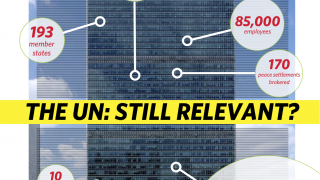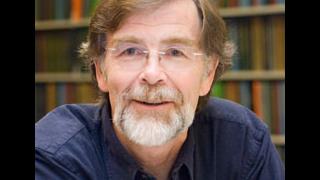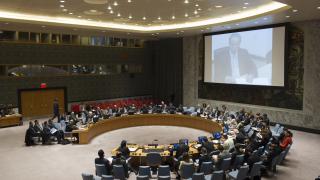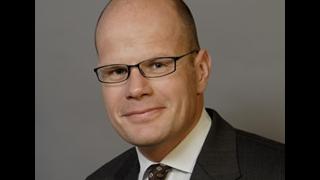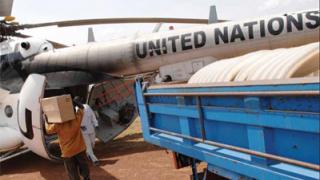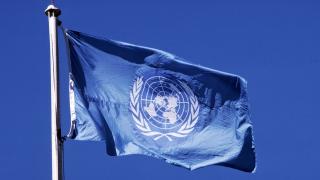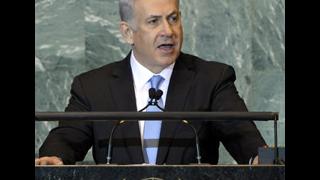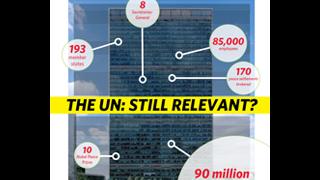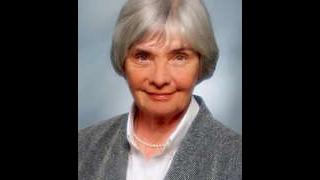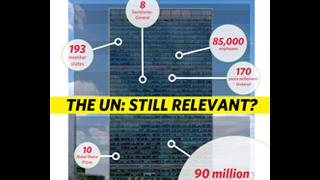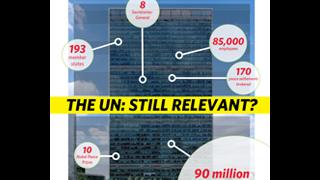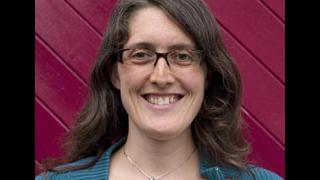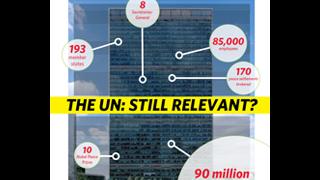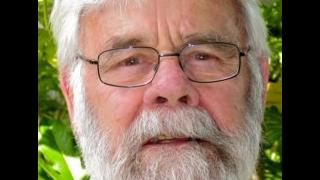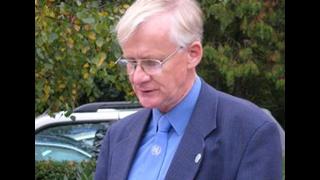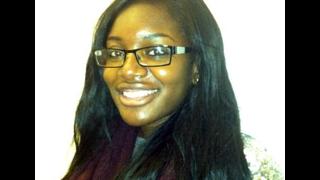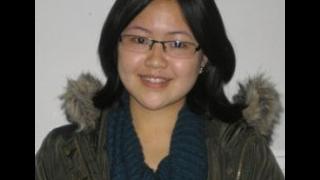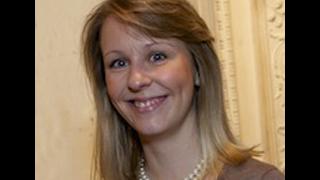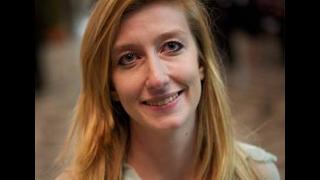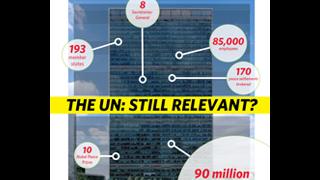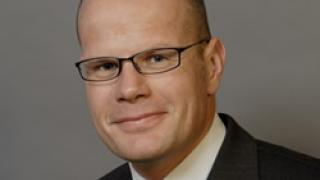
Carl Soderbergh: minority rights are a work in progress at the UN
Notwithstanding its opening words, "We the peoples", the UN Charter sets out a state-based blueprint for co-operation and, despite the rise of a plethora of new actors, national governments remain at the core of international institutions. What then of minorities whose governments may not be willing to represent their needs or protect their rights?
Given its second world war origins, it is not surprising that the UN set up a body to address minority issues two years into its existence. In 1947, the Commission on Human Rights (which has since been replaced by the Human Rights Council (HRC)), created a "Sub-Commission on the Prevention of Discrimination and Protection of Minorities". However, over the years, the mandate of the Sub-Commission expanded, gradually reducing its focus on minorities.
This was indicative of the low priority accorded to minority rights at the UN level, in comparison with other issues. Strong alliances of NGOs and governments have driven progress in areas such as children's and women's rights, and over the past 25 years the indigenous movement has successfully worked for the creation of the Permanent Forum on Indigenous Issues and the Declaration on the Rights of Indigenous Peoples.
Thanks to a dedicated UN voluntary fund, indigenous representatives have been supported to attend UN meetings and a large number of activists do so, gaining experience of the UN system and becoming a powerful collective voice on behalf of their communities.
In contrast, minority representation at the UN is weak. Few international NGOs focus on minorities and even fewer local minority organisations have consultative status with the UN, which would enable them to participate regularly in meetings. There is no voluntary fund for minorities and finding the financial resources to travel to Geneva remains an obstacle for many organisations, particularly from the developing world.
Minority Rights Group International (MRG) works on behalf of minorities and indigenous peoples but at the UN we focus primarily on the former, as so few organisations do. A key part of our work is to facilitate the active participation of minority groups so that they can present their own views.
As is so often the case, it was the horror of war – in this instance the conflict in the Balkans – that brought the need for minority protection sharply into focus. In 1992, the Declaration on Minorities was adopted unanimously and, in 1995, a Working Group on Minorities (WGM) was established to monitor its implementation. The WGM provided a forum for minorities to present their concerns, giving them an entry point into an otherwise inaccessible system. Crucially, the WGM decided that participation would be open to all civil society actors, not just those with UN consultative status.
But the mandate of the WGM was weak and its status within the UN hierarchy low. It could forward concerns to states but could not, for example, require a response. A coalition of NGOs, including MRG, therefore launched a campaign to improve the ways in which the UN addresses minority issues. Over the past decade, this campaign has fuelled two important developments.
The first was the creation of the Independent Expert on Minority Issues in 2005. Gay McDougall, the inaugural postholder, was an African-American human rights lawyer who grew up during the civil rights period. Unafraid of confronting governments, McDougall visited several countries where minorities face significant challenges, including France, Greece, the Dominican Republic and Ethiopia, until stepping down earlier this year. Her successor is Rita Izsák, a Roma rights campaigner from Hungary.
The second development was the establishment, in 2007, of the Forum on Minority Issues, which reports to the HRC. The Forum has contributed greatly to the visibility of minority issues. Despite resistance from member states, it was able to retain the WGM's key feature: the participation of non-accredited civil society representatives.
MRG staff who had attended WGM meetings with 50 or so people were amazed to see over ten times that number at the Forum's first session. Participation by governments and other parts of the UN system has also increased, as has followup during HRC debates, where concrete recommendations have been made.
Given its success, it is disappointing that the Forum only meets for two days a year, severely curtailing speaking time – especially galling for those who have travelled to Geneva at great cost. It also sends the wrong message about the importance of minority issues. But in other ways, the Forum quite literally puts minorities centre stage.
Its most striking feature is, perhaps, its seating arrangement. Unlike most UN meetings, where state delegations occupy the seats in the middle, minorities do so at the Forum, while diplomats sit in the periphery. For many minority activists coming to Geneva for the first time, this must be a welcome change to the exclusion their communities face at home.
Carl Soderbergh is Director of Policy & Communications at Minority Rights Group International. This article draws on a paper prepared by MRG staff Chris Chapman and Kathryn Ramsay for publication in the International Journal on Minority and Group Rights 18 (2011). To find out more about MRG's work, visit www.minorityrights.org

